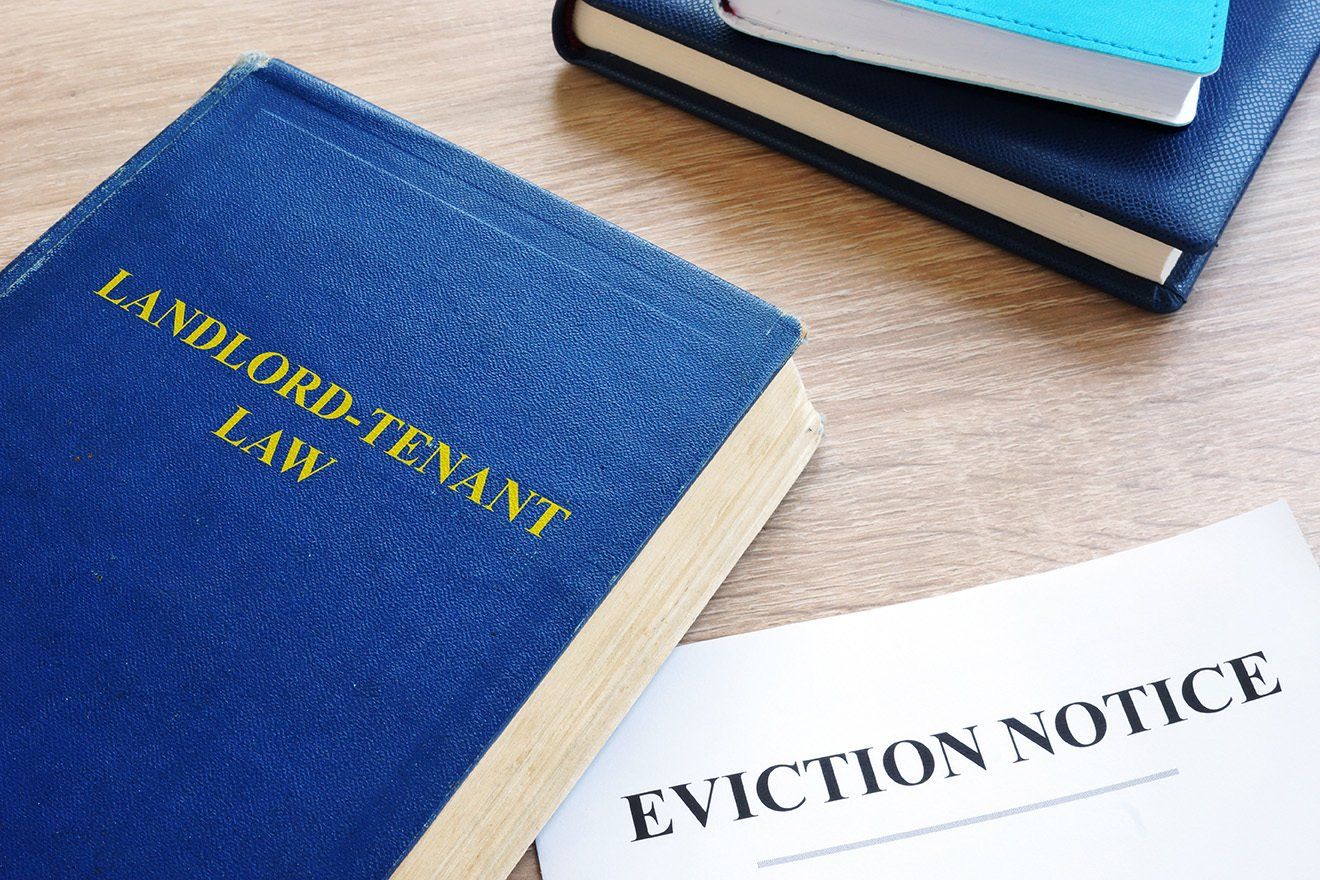LANDLORDS SHOULD TAKE NOTICE OF NEW NEW YORK COVID-19-RELATED EVICTION RULES

If the current COVID-19 pandemic has taught us anything, it is to expect the unexpected and to be ready for change at a moment’s notice. This maxim came to life with the latest new rules and Administrative Order from the Court system in New York with respect to evictions in New York State. While much has been written about tenants’ plights and inability to pay rent, often tragically resulting from the loss of jobs because of the pandemic, many small landlords are suffering as well with issues with making mortgage payments. A common misconception of many is that anyone who is a landlord is well off. This is certainly not the case as we have met many folks who run fine rental properties who are struggling to get by in the current economic climate. Our firm represents many landlords with modest portfolios and sometimes a single rental property.
As of December 28, 2020, new rules establishing requirements in eviction proceedings were promulgated, and it is incredibly important that any landlord who seeks to evict a tenant be familiar with these rules. Contrary to what you may read, it is not impossible for a New York landlord to obtain an eviction in the current situation. A tenant who continually exhibits bad behavior or does not follow a lease agreement (not including failing to pay rent) may still face eviction. There are additional requirements and burdens placed on the landlord for service of different notices involved in an eviction or the Court will not hear your case. It is important that you speak to an attorney who is familiar with these rules and regulations and is keeping current during this time where they are ever changing.
If you know a landlord or tenant who needs assistance with an eviction proceeding either being brought on their behalf or against them, please do not hesitate to contact our firm.









